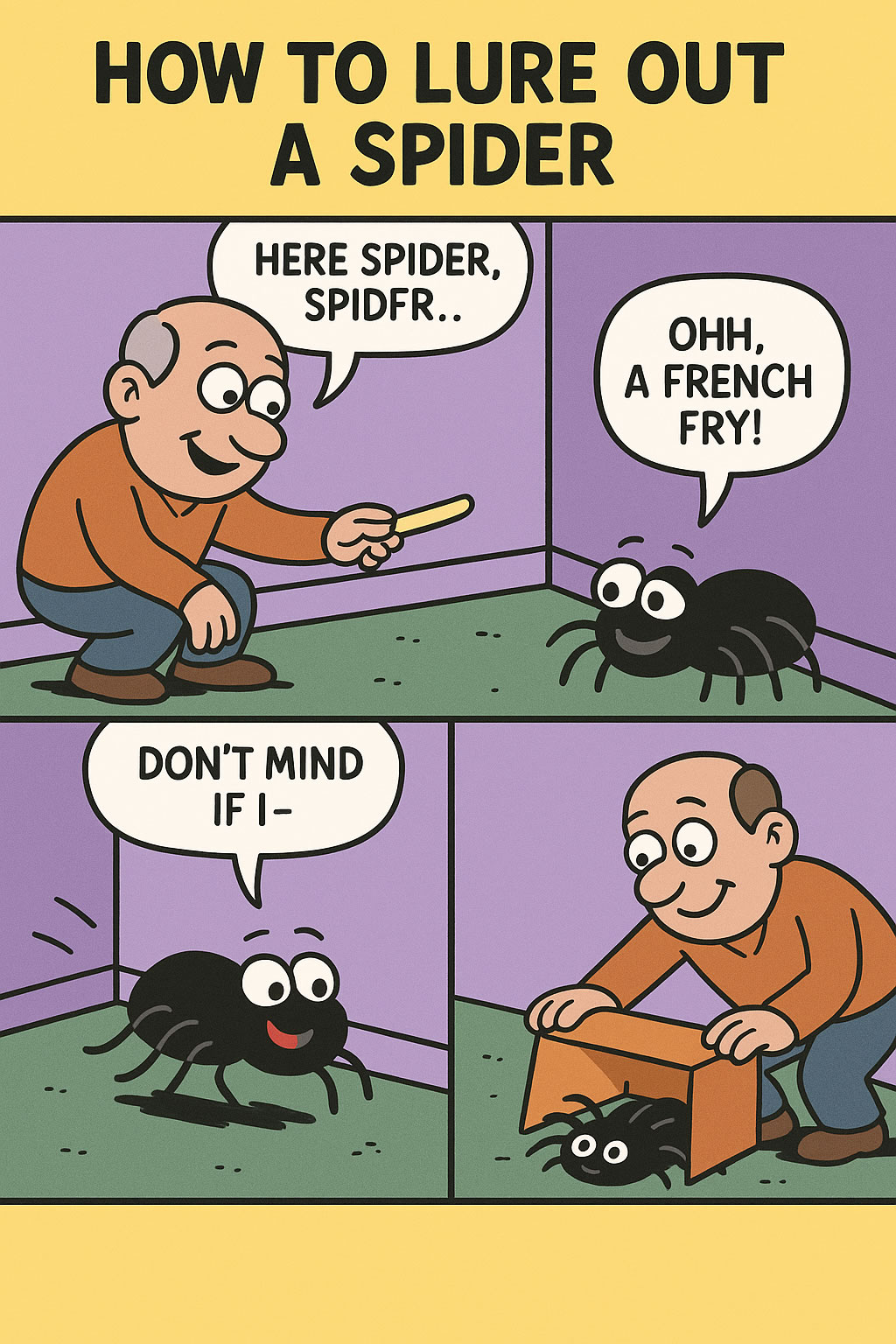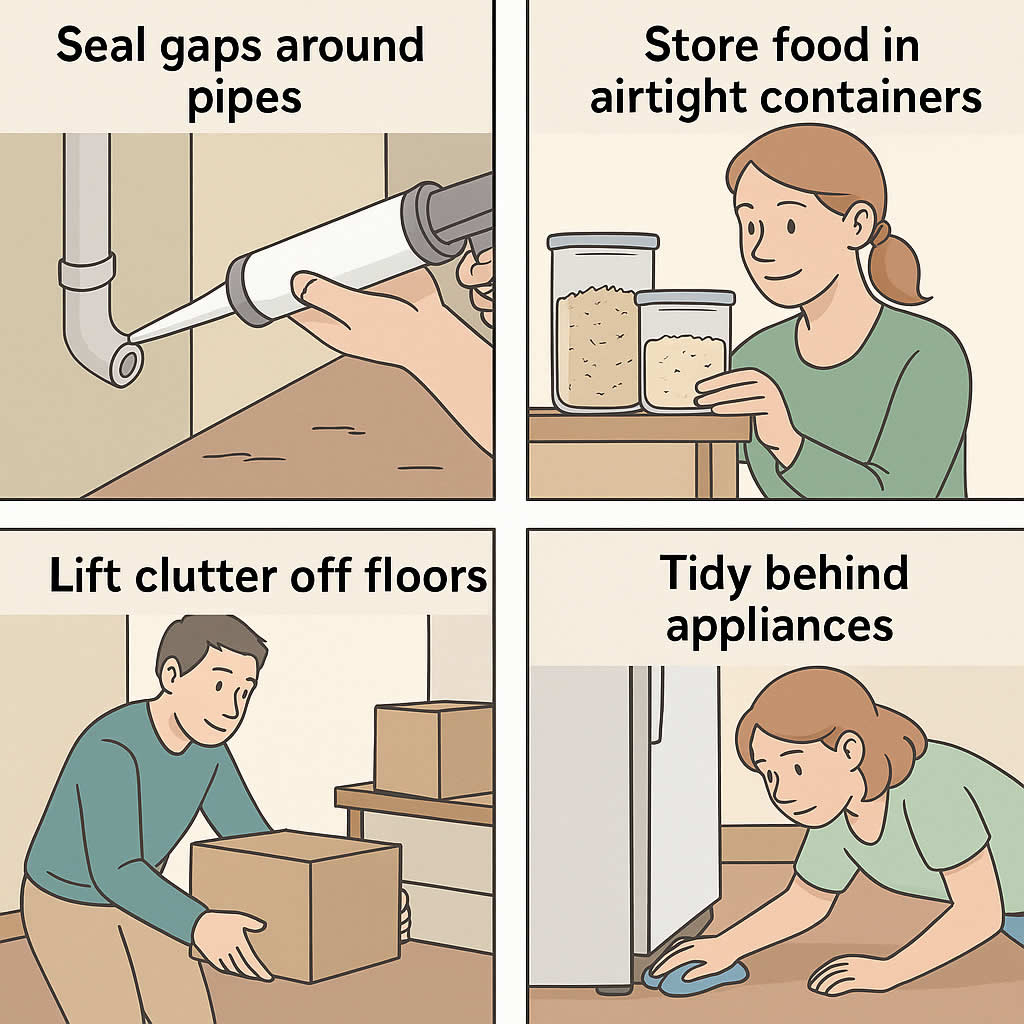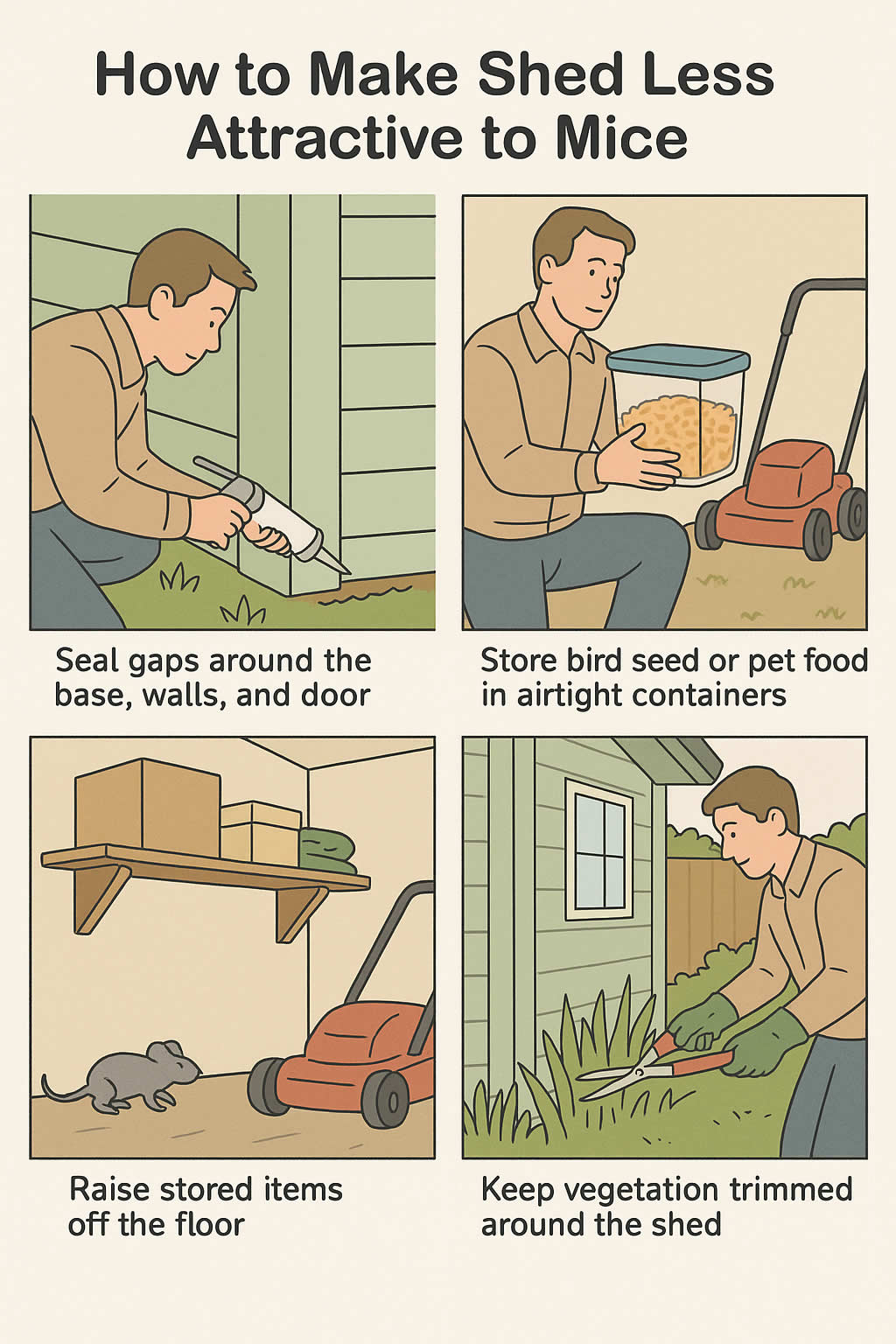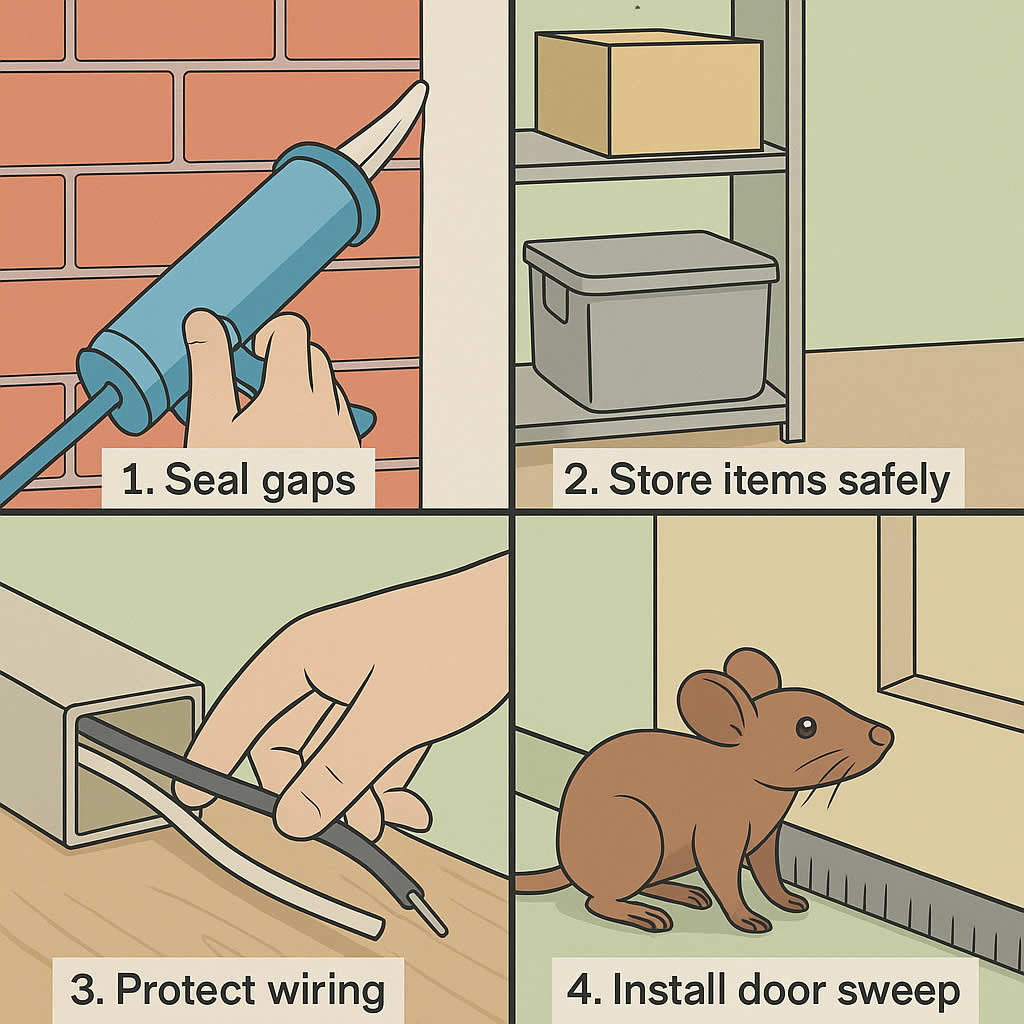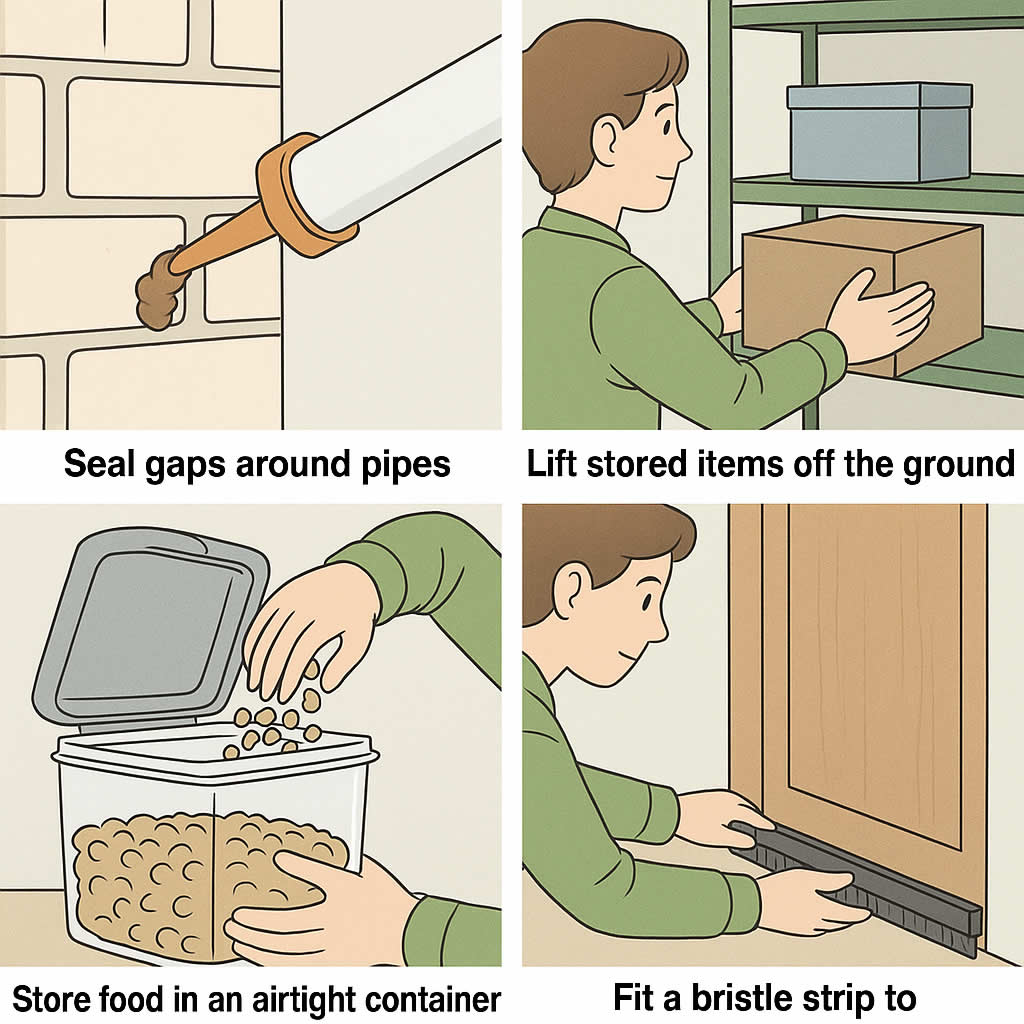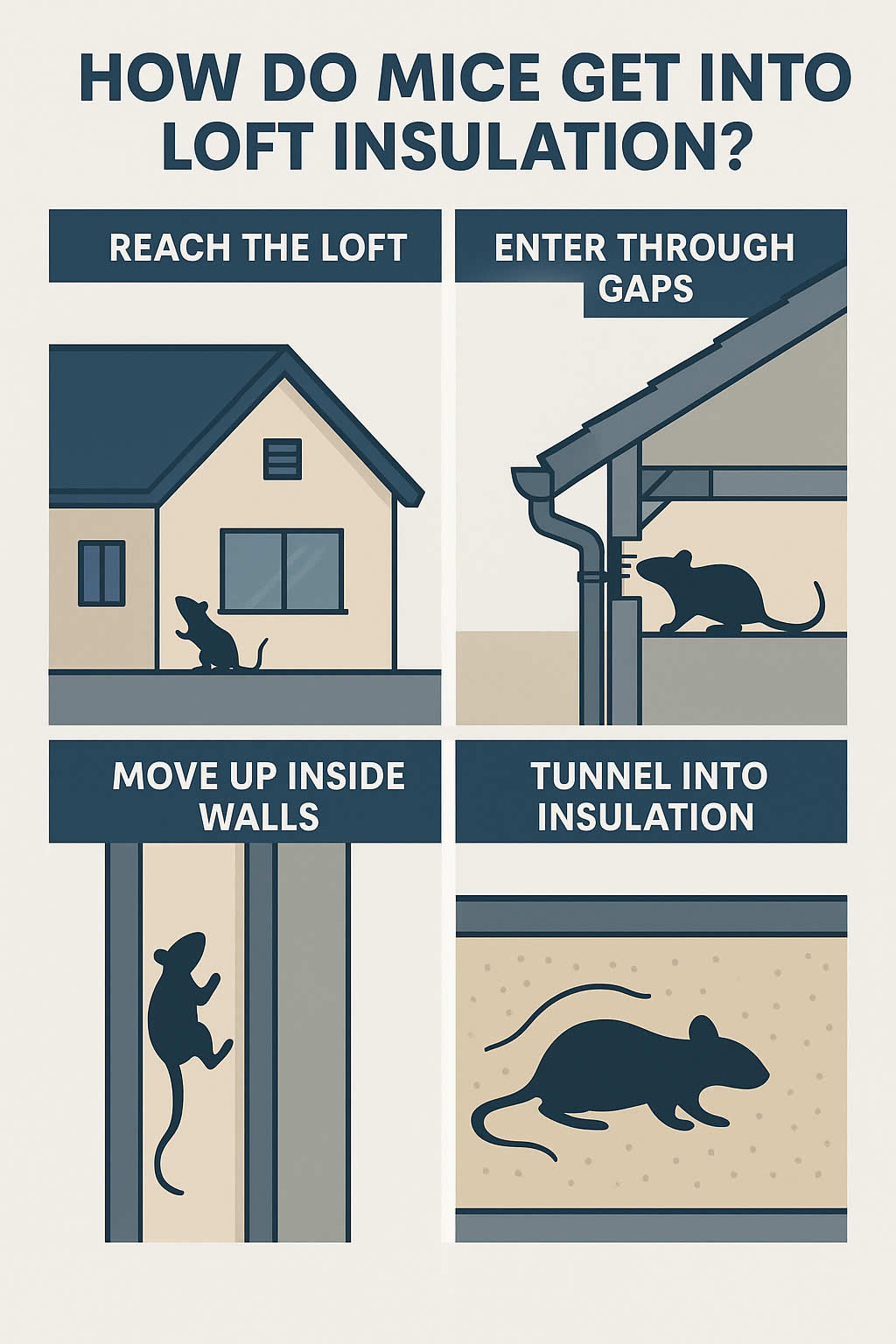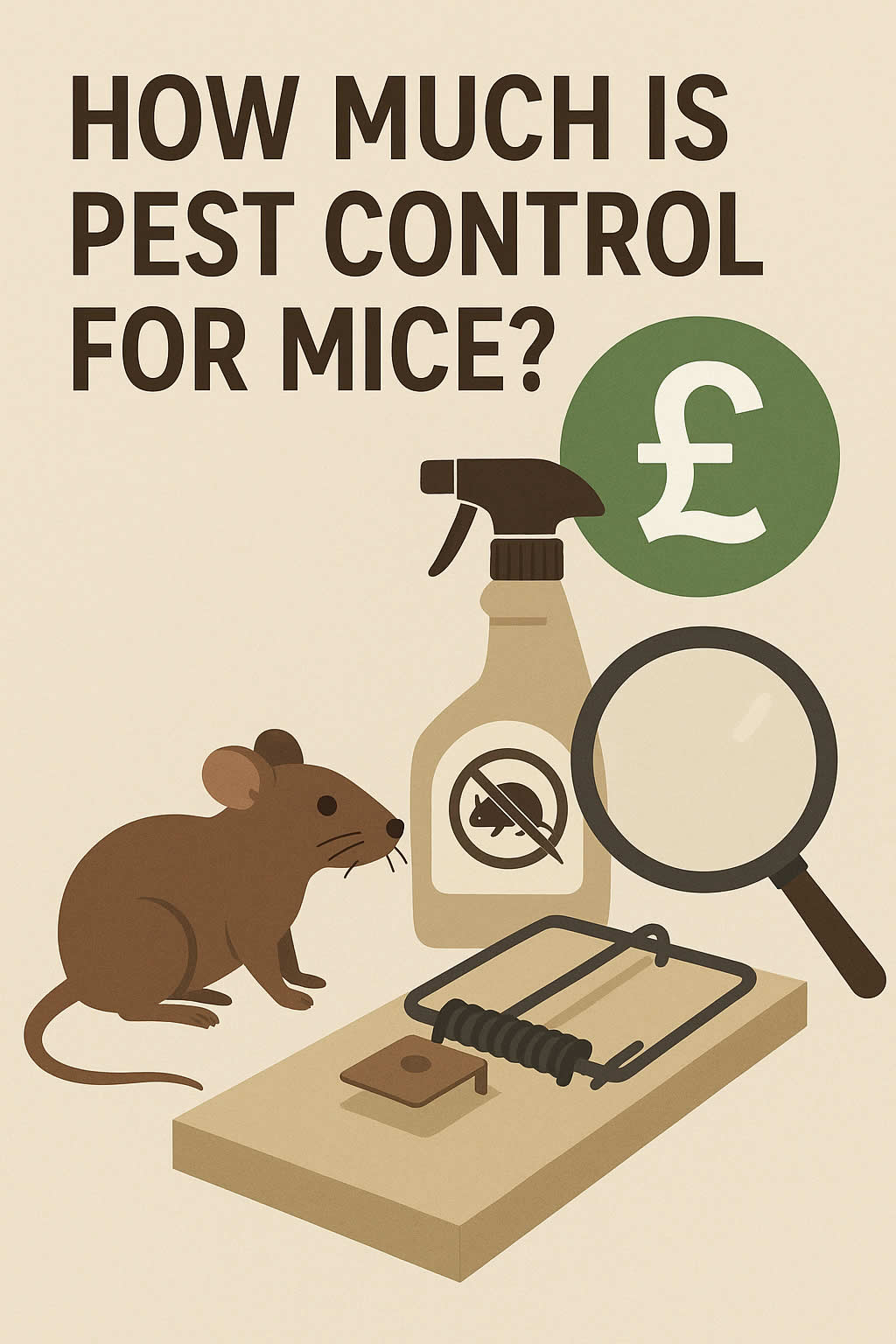Related Queries
ToggleSpiders are a common sight in households, especially during the summer season. While some species of spiders are harmless, others can cause serious harm. It is important to keep a check on spider infestation in your home, but killing them is not always the best solution. Instead, you can try luring them out with alternative methods. In this blog post, we will cover some effective ways to get rid of spiders from your home without harming them.
How To Lure Out A Spider?
Before we go into luring out a spider, it’s important to understand why you want to do so. Knowing your motivation will help me guide you towards the most suitable and potentially ethical approach.
Here are some possibilities:
If you simply want to observe the spider:
- Patience is key: Most spiders are nocturnal and prefer staying hidden during the day. Wait until night, dim the lights in the room, and quietly observe its web or hiding place. You might see it emerge for prey or maintenance tasks.
- Play with light: Gently directing a flashlight beam near the spider’s web or hiding spot might entice it to move out of curiosity. Avoid shining bright light directly on it, as that can be stressful.
If you want to relocate the spider:
- The humane option: Place a clear glass jar next to the spider and gently guide it inside using a soft brush or cardboard. Then, release it outdoors in a suitable habitat away from your house.
- Commercial traps: Consider using spider catchers with long handles or sticky traps designed for relocating (not harming) spiders. Ensure these traps are placed safely away from pets and children.
If you want to get rid of the spider:
- Identify the spider: Some spiders are beneficial and help control insects in your home. Identifying the type will help you decide on the best course of action.
- Natural deterrents: Certain scents like citrus, peppermint, or vinegar can repel spiders. However, their effectiveness and long-term impact can vary.
- Professional help: If you’re dealing with a significant infestation or have a severe fear of spiders, consider consulting a pest control professional.
Remember, spiders are important parts of the ecosystem and play a crucial role in pest control. If possible, opt for humane methods of observation, relocation, or deterring them from specific areas.
Always prioritise your safety and comfort while dealing with spiders. If you’re uncomfortable or unsure how to proceed, don’t hesitate to seek help from a professional.
Trying to lure out a spider in your home can feel like a game of hide and seek – and they’re surprisingly good at it. Whether you’ve got one tucked behind the skirting board or hiding under the washing machine, the right bait can coax them into the open. But here in the UK, where spiders tend to behave a little differently depending on the season and the species, you’ll want to use baits that work with our environment.
Unlike other pests, spiders don’t eat leftover food, crumbs, or sweet treats. They’re carnivores – meaning, if you’re going to lure one out, you need to attract the kind of bugs they eat. That usually means flies, moths, or even ants. In autumn, when they start coming indoors more often, this technique can really help if you don’t fancy squashing one or waiting for it to disappear on its own.
Below is a comparison table of spider baits that work best for homes in the UK – especially if you’re trying to move them along without harming them.
Comparison Chart: Spider Baits for UK Homes
| Type of Bait | What It Does | Best For | Effectiveness | Ease of Use |
| Overripe fruit (e.g. banana peel) | Attracts fruit flies – a spider’s quick snack | Common House Spiders, Cellar Spiders | Medium | Very Easy |
| Cardboard or egg carton shelter | Mimics a dark, dry hiding space – often draws in ground-dwelling spiders | Giant House Spiders, Lace Web Spiders | High | Very Easy |
| Fly paper or baited traps | Catches flies, which in turn brings spiders sniffing around | Any spider that hunts rather than webs | Medium–High | Easy |
| Live bug jar (sealed container) | Shows movement spiders detect from a distance | False Widows, Wolf Spiders, Jumping Spiders | Very High | Hard |
| Insect-attracting gel | Releases smells to lure in flies or ants, which attract spiders | Broad use – especially near windows/doors | High | Moderate |
| DIY sugar and yeast mix | Used to create CO₂ to attract flies, which spiders follow | Indoor areas with poor airflow | Medium | Moderate |
| Pheromone spider monitors | Mimics spider scent to attract curious ones – mainly used by professionals | Monitoring presence (e.g. for infestations) | Low–Medium | Difficult |
A Few Tips Just for UK Households:
- Autumn is peak season. This is when male spiders wander around looking for a mate. Baits can be more effective because they’re already on the move.
- Watch the windows. In many UK homes, spiders hang around windowsills where insects gather. That’s a good place for bait.
- Loft and garage spiders love dry corners. Use cardboard bait in storage areas where giant house spiders roam.
- Don’t forget the bath! It’s not bait – but spiders often fall in and can’t get back out. Keep an eye on sinks and tubs if you’re tracking one.
Using bait is a humane, simple way to draw out a spider without causing harm. Once it’s in view, just pop a glass over it, slide a card underneath, and release it outside – preferably somewhere calm, like the bottom of the garden or near a hedge.
Spiders in the UK might make you jump, but they’re not out to hurt you. In fact, they’ll help you by eating flies and other bugs. So, if you can tempt them out and send them on their way, everyone wins.
You could try a number of household products to lure away the spider from your house without actually hurting it.
Peppermint Oil
Spiders hate the smell of peppermint oil. Fill a spray bottle with water and add a few drops of peppermint oil. Shake the mixture well and spray it in the areas where you often see spiders. This will discourage them from staying in that area and force them to move out of your home.
Essential Oils
There are a variety of other essential oils that spiders hate the scent of, including tea tree oil, citronella oil, and lavender oil. Spray a mixture of essential oils diluted with water or use a diffuser to fill your home with the aroma of these oils. It will keep spiders away from your home and also leave your home smelling fresh.
White Vinegar
Spiders are repelled by the acidity of white vinegar. Fill a spray bottle with a mixture of white vinegar and water and spray it in areas where spiders enter your home. It will not only help to repel them, but it will also work to eliminate any spider eggs present in your home.
Cedarwood
Spiders do not like cedarwood, so using it in your home can help repel them. Put cedar chips in the areas most prone to spiders or use cedarwood essential oil in a diffuser. Additionally, using cedar mulch in exterior areas of your home can help to keep spiders from entering your home.
Keep Your Home Clean
One of the simplest ways to prevent spiders from entering your home is to keep your home clean and tidy. Dust and vacuum regularly, especially in dark and damp areas of your home. Spiders love to hide in cluttered and dusty areas, and keeping your home clean will discourage them from making themselves comfortable in your living spaces.
Keeping spiders out of your home without harming them is easy and effective. There are many natural remedies you can use to repel spiders, including essential oils, vinegar, and cedarwood. Regular cleaning and keeping your home free of clutter will also help to discourage spiders from entering your home. Using these tips and tricks will help you to keep your home spider-free in a natural and humane way.

